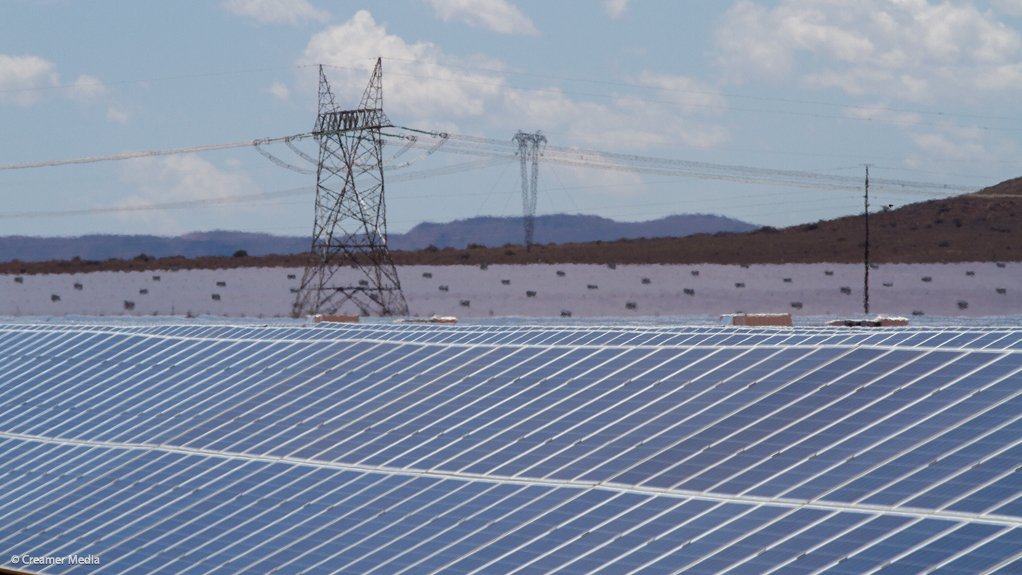Having recently confirmed a decoupling of its just energy transition strategy from the decommissioning of its coal-fired power stations, Eskom is aiming to finalise business cases for a pipeline of renewable energy and battery storage projects, some of which could be deployed in close proximity to its existing coal stations.
CEO Dan Marokane reports that that its so-called repowering and repurposing pipeline includes 50 projects with a combined capacity of 2 172 MW and which could create 1 754 permanent jobs.
Speaking following his first 100 days in office, Marokane indicated that the group’s generation unit, which would be established as a separate business in the coming 24 to 36 months as part of a far-reaching unbundling process, would seek to begin implementing renewables and storage projects as part of efforts to diversify away from coal and create alternative employment prospects for workers and near-station communities.
This decoupling from coal-station decommissioning followed Eskom receiving approval to delay the shutdown of Hendrina, Camden and Grootvlei to 2030, which would enable the renewables and storage projects to proceed ahead of unit shutdowns.
He said the pipeline, which included solar PV, battery storage and pumped hydro projects, were being prepared for execution, including by securing the necessary Ministerial determinations to proceed.
Eskom has already issued a tender for the design, engineering, construction, commissioning and maintenance of a 75 MW solar PV facility at the Lethabo power station, in the Free State, and was also pursuing a 100 MW solar PV project and a 150 MW battery storage projects at the decommissioned Komati station.
The Eskom board had also decided that the group should participate directly in renewables projects on land adjacent to its existing power stations rather than releasing the grid-ready sites to independent power producers.
Asked by Engineering News how these would be funded given that Eskom is disallowed from raising new debt for generation under the terms of a R254-billion National Treasury debt-relief package, Marokane acknowledged that it would also have to find “very creative ways” to fund the projects, which would most likely be pursued a partnerships.
He indicated that, besides seeking to secure some of the $11.5-billion in concessional funding pledged in support of South Africa Just Energy Transition Investment Plan to repair its financial position, ending loadshedding and finding solutions to its R74-billlion municipal-debt problem were priorities.
He argued that the Eskom would like the municipal debt issue to receive the same level of priority attention that the coal fleet energy availability factor received after the Energy Action Plan was declared in 2022.
Edited by: Creamer Media Reporter
EMAIL THIS ARTICLE SAVE THIS ARTICLE
ARTICLE ENQUIRY
To subscribe email subscriptions@creamermedia.co.za or click here
To advertise email advertising@creamermedia.co.za or click here













